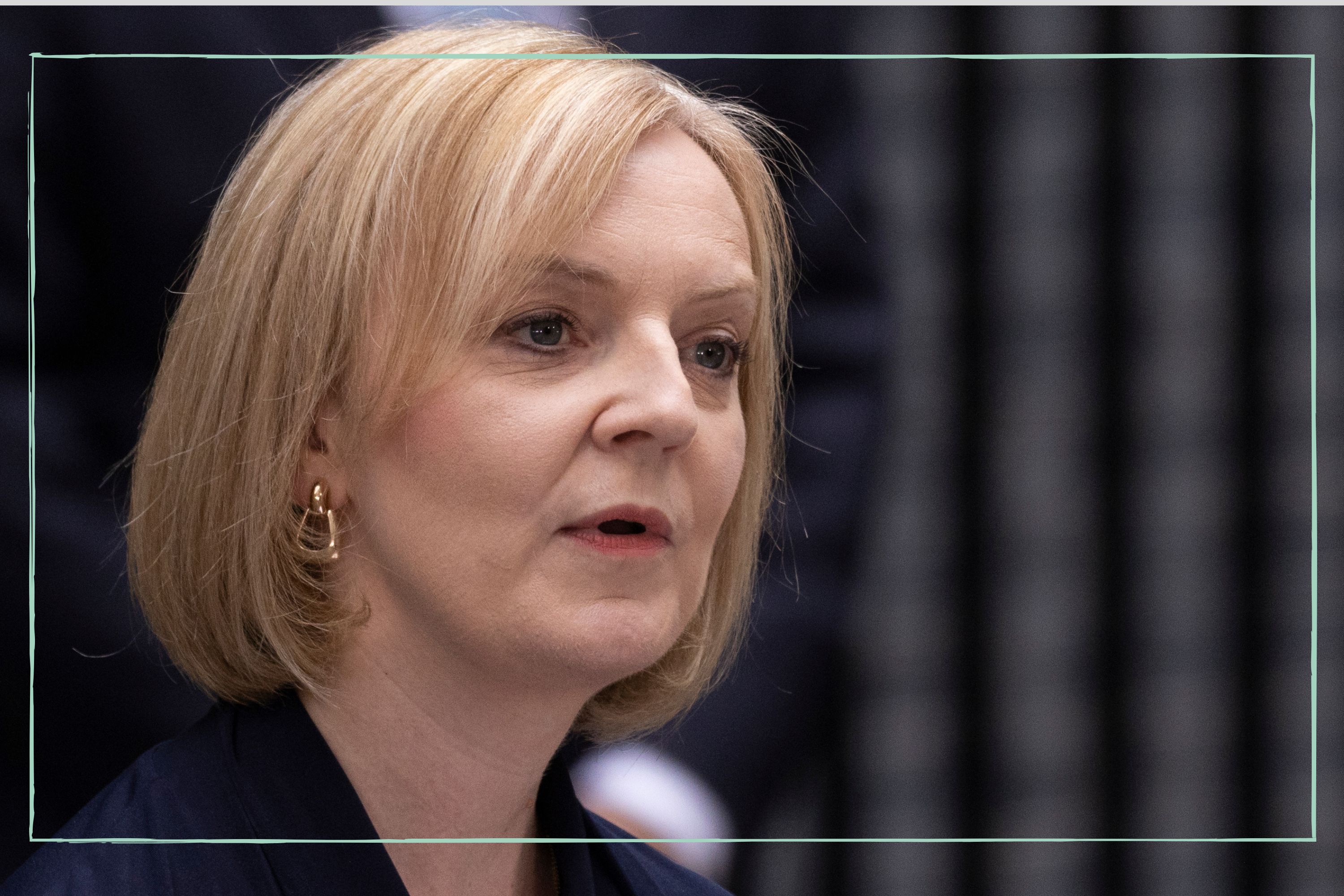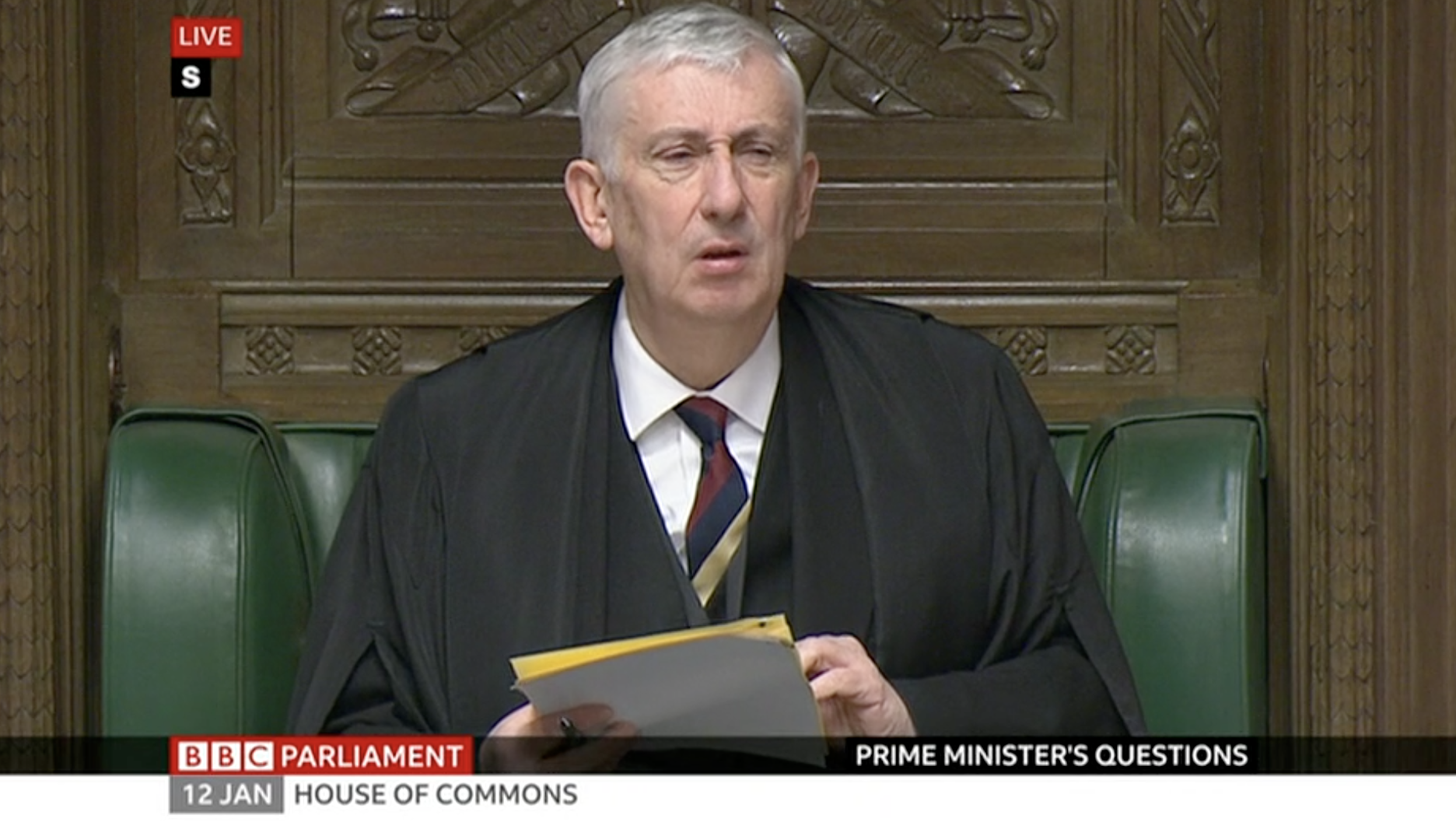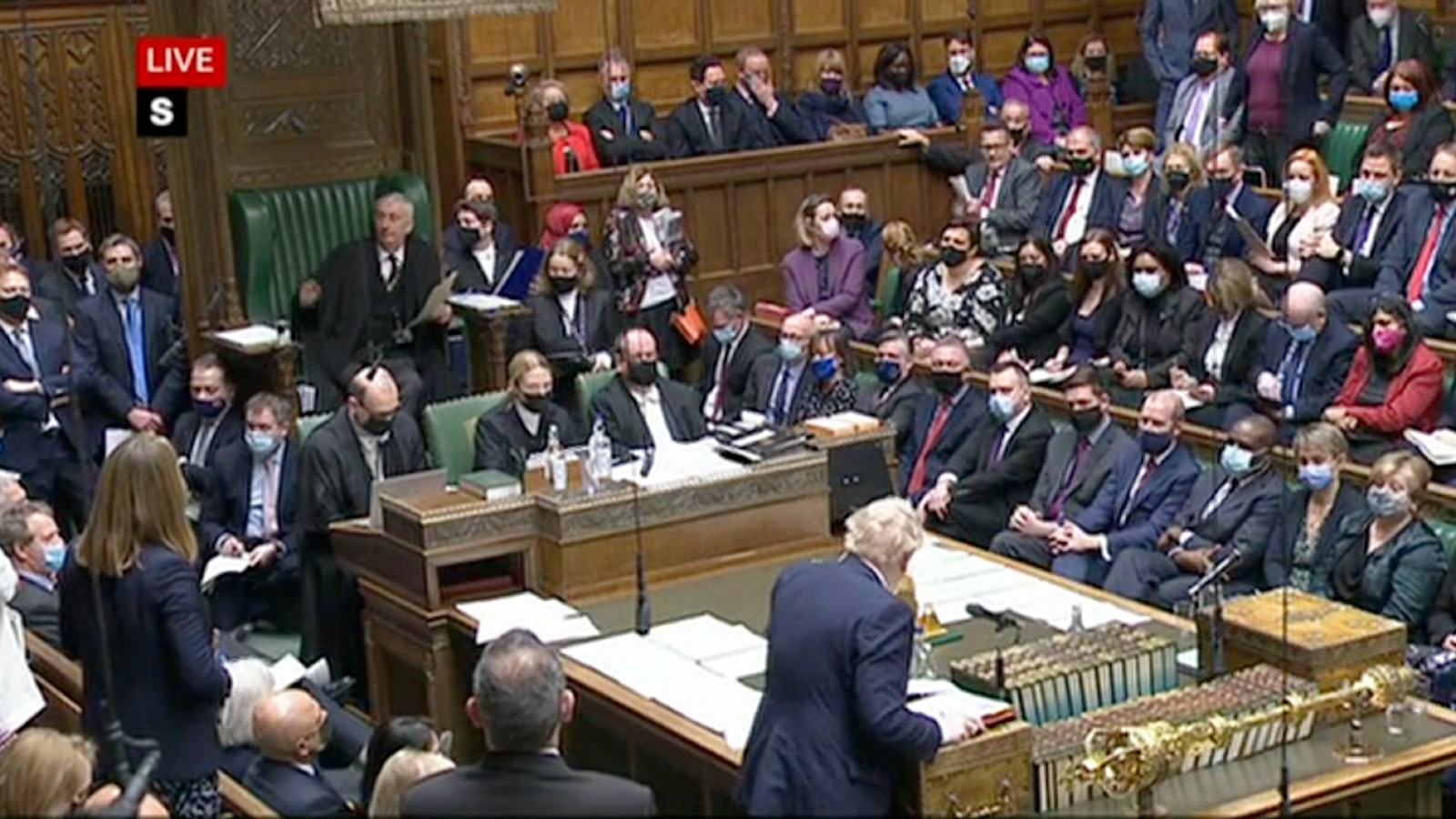Why do MPs stand up in Parliament during PMQs?
Why do MPs stand up in Parliament during PMQs? Viewers are wondering after new PM Liz Truss appeared in the Commons today


Why do MPs stand up during PMQs? Viewers are wondering after new Prime Minister Liz Truss attended Parliament to answer the day's most pressing questions.
Liz Truss attended her first Prime Minister's Questions (PMQs) today and will do so every Wednesday at noon in the House of Commons and it's a time for Members of Parliament to ask her questions like will there be an energy bill freeze?
And after viewers wondered why is Boris Johnson was wearing wheat in one particular PMQ session last year, there are other questions viewers wish to know the answers to as they tune in to PMQs.
This week Liz Truss faced the biggest job in the country taking over as Prime Minister from Boris Johnson, after members of the public spent months wondering if Boris Johnson would resign or whether he could be sacked until he officially stepped down this week.
Ans as the new Prime Minister appeared in the Commons for PMQs today, we look at why MP's stand up...
By delivering on the economy, energy and the NHS, we will put our nation on the path to long-term success. pic.twitter.com/Y0wQwFQvWDSeptember 6, 2022
Why do MPs stand up in Parliament during PMQs?
Backbench MPs stand up in Parliament during PMQs to "catch the eye" of the Speaker.
MPs who are not selected to ask the Prime Minister their question through the Order Paper Process may be chosen to ask a supplementary question if they are successful in "catching the eye" of the Speaker, which is done by standing and sitting immediately before the prime minister gives an answer.
Parenting advice, hot topics, best buys and family finance tips delivered straight to your inbox.
They will then remain standing as they address the room, unless they are unable to do so, in which case they can speak while seated. Once their question has been asked, they sit down to allow the Prime Minister to stand in order to answer the question and once answered the PM will sit back down.

As well as the backbenchers, the Leader of the Opposition will also stand to ask the PM six questions - either as a whole block or in two separate groups of three.
The process sees them take it in turns to respond. If the first question is asked by a government backbencher, the Leader of the Opposition is the second MP to ask questions. If the first question is asked by an opposition MP, this will be followed by a question from a government MP and then by the questions from the Leader of the Opposition. The leader of the third-largest parliamentary party (the Liberal Democrats from 1988–2010 and the Scottish National Party from 2015) would then ask two questions.
But first, before any question can be asked, Backbench MPs wishing to ask a question must enter their names on the Order Paper. The names of entrants are then shuffled in a ballot to produce a random order in which they will be called by the Speaker.

The Speaker will then call on MPs to put their questions, usually in an alternating fashion: one MP from the government benches is followed by one from the opposition benches.
MPs who are not selected may be chosen to ask a supplementary question if they "catch the eye" of the Speaker, which is done by standing and sitting immediately before the prime minister gives an answer.
The first formal question on the Order Paper, posed by simply saying "Number one, Mr. Speaker", is usually to ask the Prime Minister "if she will list her engagements for the day". The Prime Minister usually replies, "This morning I had meetings with ministerial colleagues and others. In addition to my duties in this House, I shall have further such meetings later today."
The reason for such a question is that, historically, the Prime Minister may be questioned only as to those matters for which they are directly responsible.
Such matters are relatively few in number because many substantive matters are handled by the other Ministers in the Cabinet.
Why do MPs address the speaker?
MPs address the speaker to signal for help in regaining control of a meeting. Like they would the chair of a meeting, in Parliament during a discussion of large groups of people at PMQ's it can be difficult to maintain order and the speaker can then regain control should Members of Parliament start talking over each other.
You can watch a video clip from PMQ's below...
Why do MPs wave paper?
MPs wave paper to show their support for the person speaking. The House of Commons chamber is small and if one side were allowed to shout their applause it would be defining and uncontrollable.
But to stop it from being boring with no one allowed to move, members are allowed to shout 'Hear, Hear" and wave their order papers as a measured way of providing support for the speechmaker.

Selina is a Senior Family Writer for GoodtoKnow and has more than 16 years years of experience. She specialises in royal family news, including the latest activities of Prince George, Charlotte, Louis, Archie and Lilibet. She also covers the latest government, health and charity advice for families. Selina graduated from the University of Sheffield in 2006 with a degree in Journalism, and gained her NCTJ and NCE qualifications. During her career, she’s also written for Woman, Woman's Own, Woman&Home, and Woman's Weekly as well as Heat magazine, Bang Showbiz - and the Scunthorpe Telegraph. When she's not covering family news, you can find her exploring new countryside walking routes, catching up with friends over good food, or making memories (including award-winning scarecrows!)